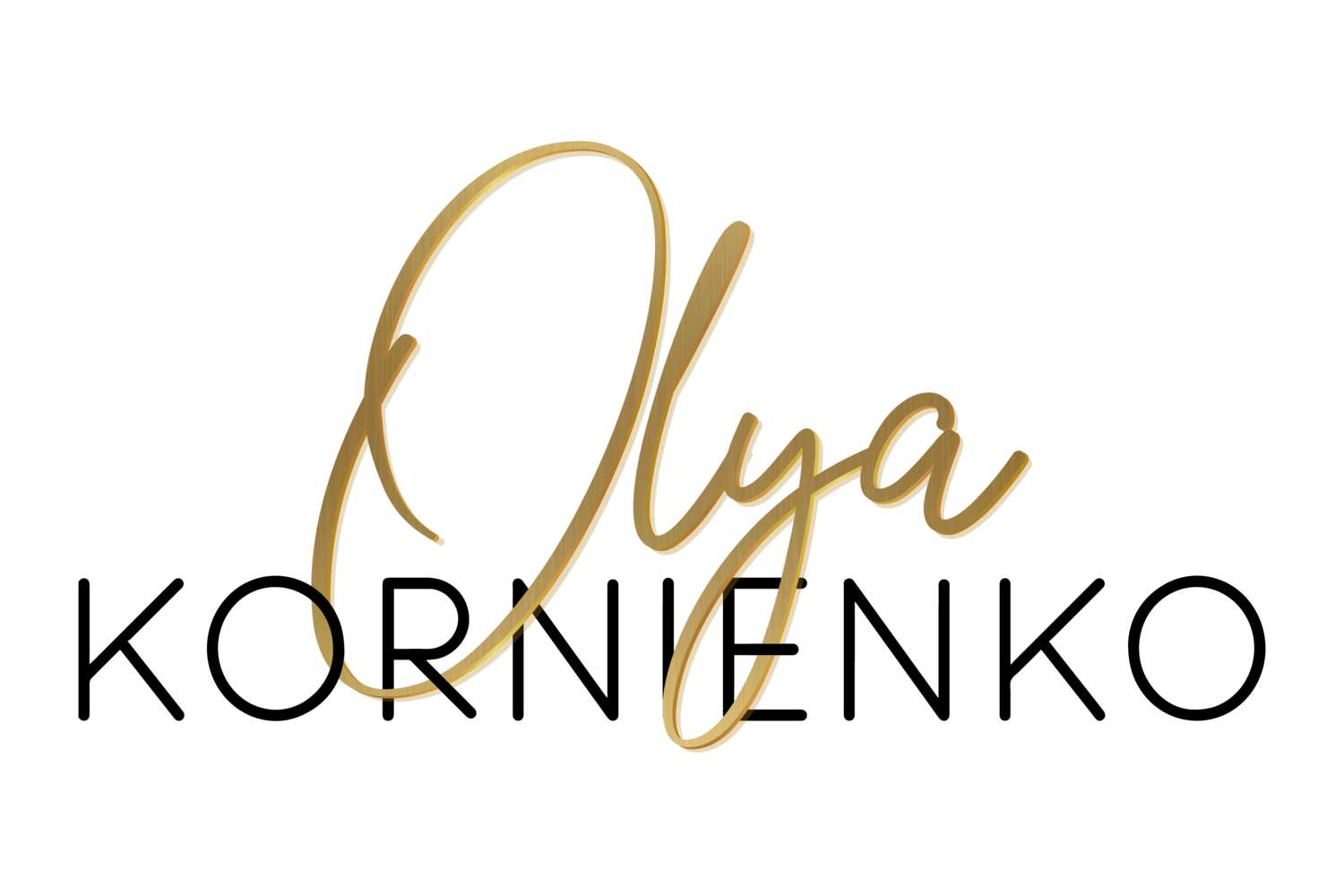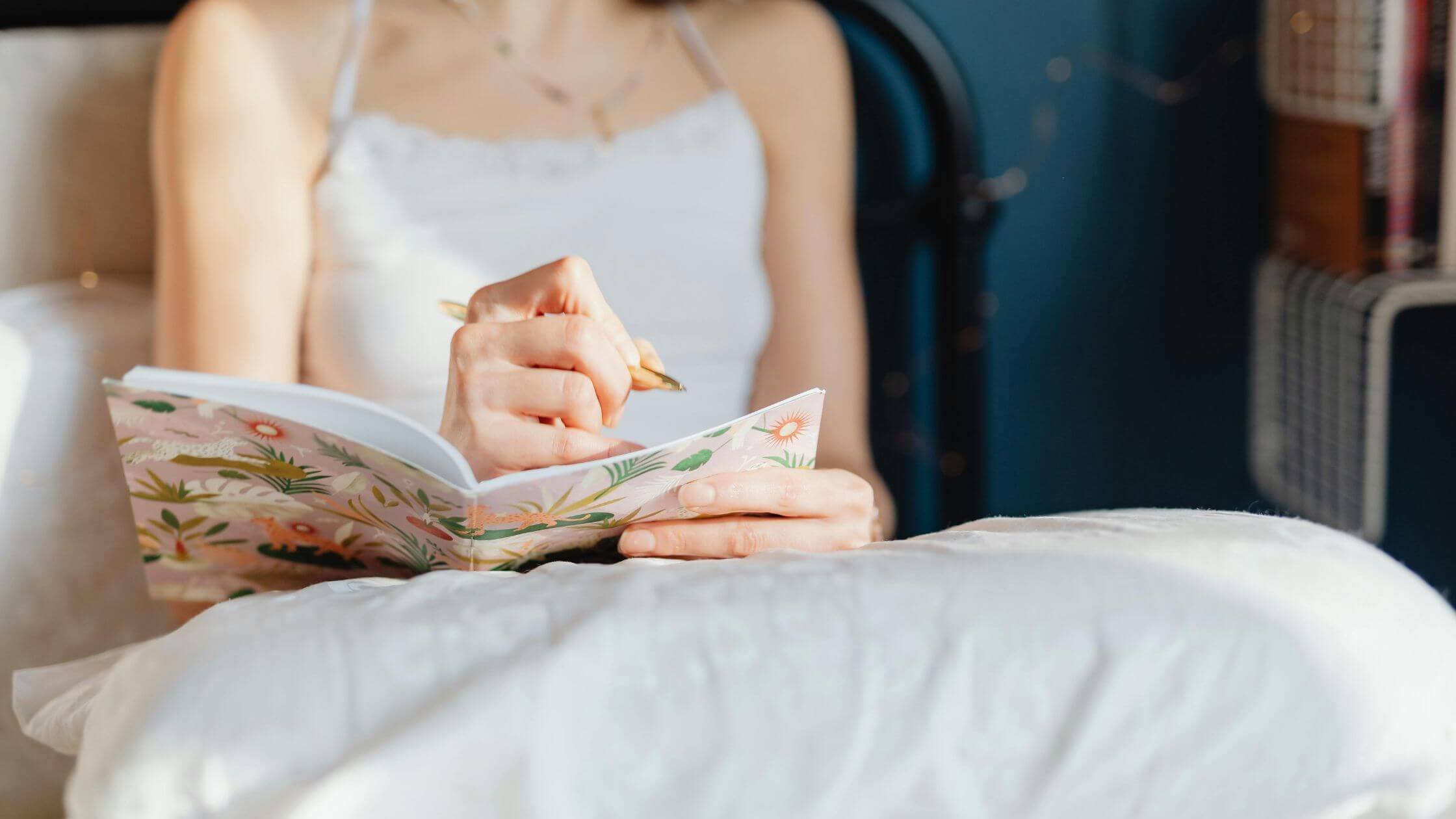How to Finish a Creative Project
Once you start your creative project, you want to finish it. Imagine how it would feel to see your film on the screen, to hold your book or to hang your painting on the wall. It feels amazing, doesn’t it?
Before we go into practical steps, let’s look at the project versus the area.
When it comes to improving your writing or your watercolour skills, there is no real “end” to it. You will continuously be taking steps in this area.
A project, on the other hand, has a start and a definite finish. Finishing your first abstract acrylic painting is a project. Releasing your film, publishing your book or completing your sculpture is a project.
There will be different nuances about how you’ll approach your project and complete it based on your character traits and type of personality.
For some, accountability works really well. For others — it doesn’t. For some deadlines work, for others — they don’t.
The points below usually work for everyone.
Less is more
When you start your project, you’ll be enthusiastic about it. You’ll be taking steps towards something you want to do for a while. Yet, start small. If you’ve never written a book before and work full time, putting something like “write for 3 hours a day after kids are asleep” OR “get up at 5 am to write for 2 hours” will be unrealistic. Not that it’s not possible, but most likely, you won’t be able to maintain this for long.
Instead, having a goal “write for 20 minutes before I have breakfast” is totally doable. If time allows, you may even write for longer.
Choose what works for you
You’ve heard this before — choose the time of the day that works best for you. If you know that you love mornings — get up earlier. Or rearrange your morning ritual for the duration of the project to have the time for your creative project.
Pilar Alessandra has a book about writing your script during your lunch break. And people have done this!
Suppose you’re a night person. There is no point in trying to get up earlier for you. You’ll be doing your work in the evening. Remember that you do need to get enough sleep to be productive.
Have a simple plan
Having a plan helps in the moments when you don’t feel motivated. You don’t want to decide what to do next when you are not motivated. Have an outline for your book and what will happen after you finish writing. There will be proofreading, cover design, book design, and figuring out how to put it online. Remember not to get stuck in over-researching and overthinking.
Progress, not perfection
No matter what, you need to focus on progress. Write your first bad draft. You’ll be able to improve it. Paint it. You know that usually, you can make adjustments later on.
Remember Parkinson’s Law
This is my favourite law. According to Parkinson’s Law, the project expands to fill the time allocated for completion. Have you ever finished your assignment in one night instead of doing it for the whole semester? If you give yourself 3 weeks to complete something, most likely, it will take three weeks. But if you give yourself one week to complete it — you will probably manage to finish it earlier.
Of course, remember to be realistic here. You’ve never written a script before? I’d suggest you stick with consistent actions instead of giving yourself a strict deadline.
Consistency is a queen
If you take consistent actions, you’ll end up where you want to be. I wrote A Tiny Book of Joy by creating 20–60-minute slots every day to work on the book. Once I finished writing, I continued working on preparing the book and then publishing it within the same time slots.
Count your wins and reflect on your progress
Every day, as you set up your plan for the day, count your wins. Write down what you’ve done today. Count your wins. It should always include at least one step towards completing your project. Did you prepare all your paintings and then stare at the empty canvas? “I prepared all the paintings for my painting and experimented with mixing some colours” That’s a win!
Just do it
Yes, this is as simple and as complicated — just do it. You have to place the strokes onto your canvas. You have to start typing in your Final Draft or cut your patterns for the dress. Less thinking, in this case, usually helps.
And I don’t mean creative thinking, I mean the thinking of “omg how do I even start” you just start. Even if you type for 10 minutes of nothing particularly great and then for one minute something that will remain in your book — it is a win.
Done is better than perfect
Decide on what will be your good enough version. Decide this in advance. When you reach that stage, you must “ship” your project, as Seth Godin often says and teaches in his book “The Practice”. If I continued battling the formatting of my book, trying to perfect it, it would probably take me another couple of months before I published it.
I decided that the book, as it is, will already inspire those who want to add creativity into their life to take steps and reading A Tiny Book of Joy would bring some joy to my readers.
I got notes telling me exactly that, and nobody told me I didn’t have page 2 printed where it was meant to be.
Plan how you’ll celebrate
You can also plan on how you’ll celebrate when you complete your project. Will you take yourself for a nice breakfast or buy yourself a bracelet or a box of exclusive chocolate? Take yourself for the weekend away? You absolutely must celebrate once you complete the project. You can celebrate the completed stages of the project, too.
Send me an email once you’ve done your project and tell me what it was, and I’ll do a happy dance on my side.
You absolutely can start and finish your creative project. 100%.
Olya
“Done is better than good”
~ Elizabeth Gilbert, Big Magic




